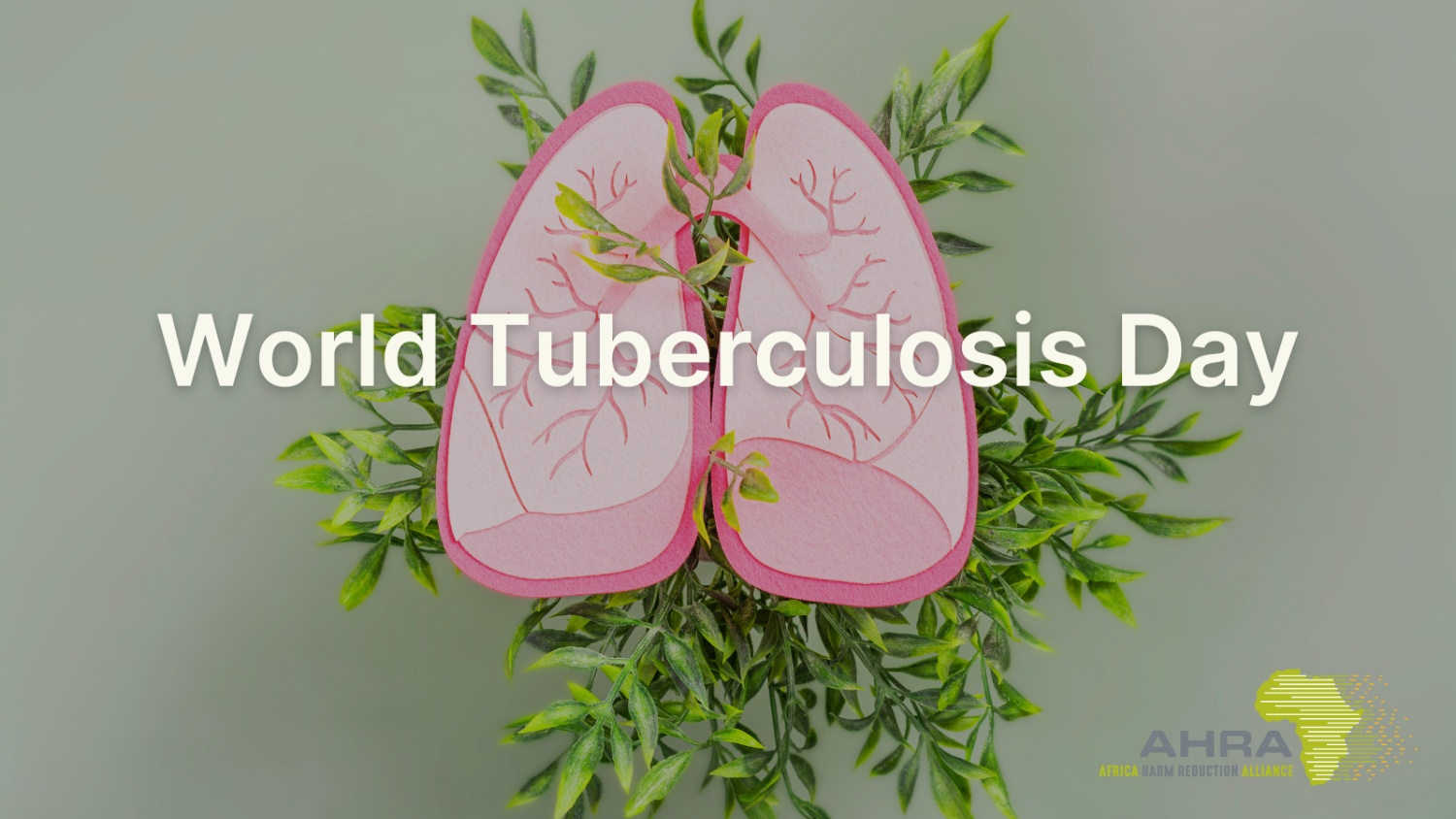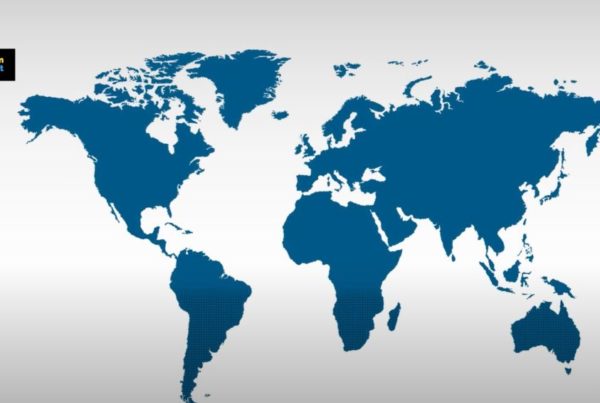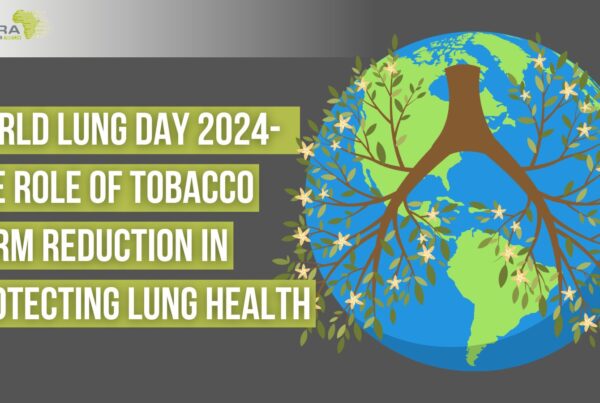World TB Day, observed each year on March 24, serves as a reminder that we cannot achieve the urgent goal of ending TB in Africa unless we simultaneously address tobacco use in the continent, which is home to over 77 million tobacco users and over 33% of global annual TB deaths.
This year’s World TB Day theme is “Yes! We can end TB”, a reminder by the World Health Organization (WHO) to member states that “getting back-on-track to turn the tide against the TB epidemic is possible through high-level leadership, increased investment and faster uptake of new approaches”

The African region has an approximate 4% annual decline rate in tuberculosis cases. Although the rate is double the global pace, the region risks missing major milestones and targets to end the disease if efforts are not scaled up rapidly.
The World Health Organization’s (WHO) End TB Strategy calls for countries to reduce TB deaths by 75% and cases by 50% by 2025 compared with the 2015 levels. To achieve this, we must target individuals who use drugs and other substances that put them at greater risk of contracting Tuberculosis. The use of drugs and excessive consumption of alcohol damage a person’s organs and weaken their defences (immune system) against illnesses such as TB.
Recognising the vital relationship between TB and drug use, the World Health Organization (WHO), UNAIDS, and the UN Office on Drugs and Crime (UNODC) issued a set of guidelines to coordinate better TB care among drug users. Evidence shows that harm reduction approaches such as needle-syringe programs reduce the health, social and economic harms of drug use to individuals, communities, and societies.
Ending the TB epidemic by 2030 is among the health targets of the Sustainable Development Goals. While harm reduction is not a cure for Tuberculosis, the approach can help improve the health outcomes of individuals with TB in Africa.
THR Topics
Popular Posts
Quick Links
Women in THR
Related Posts
 Letter to the World Health Organization (WHO)
Letter to the World Health Organization (WHO)
Letter to the World Health Organization (WHO)
 Public Health implications of vaping in Germany
Public Health implications of vaping in Germany
Public Health implications of vaping in Germany
 Public Health implications of vaping in the United States of America
Public Health implications of vaping in the United States of America








